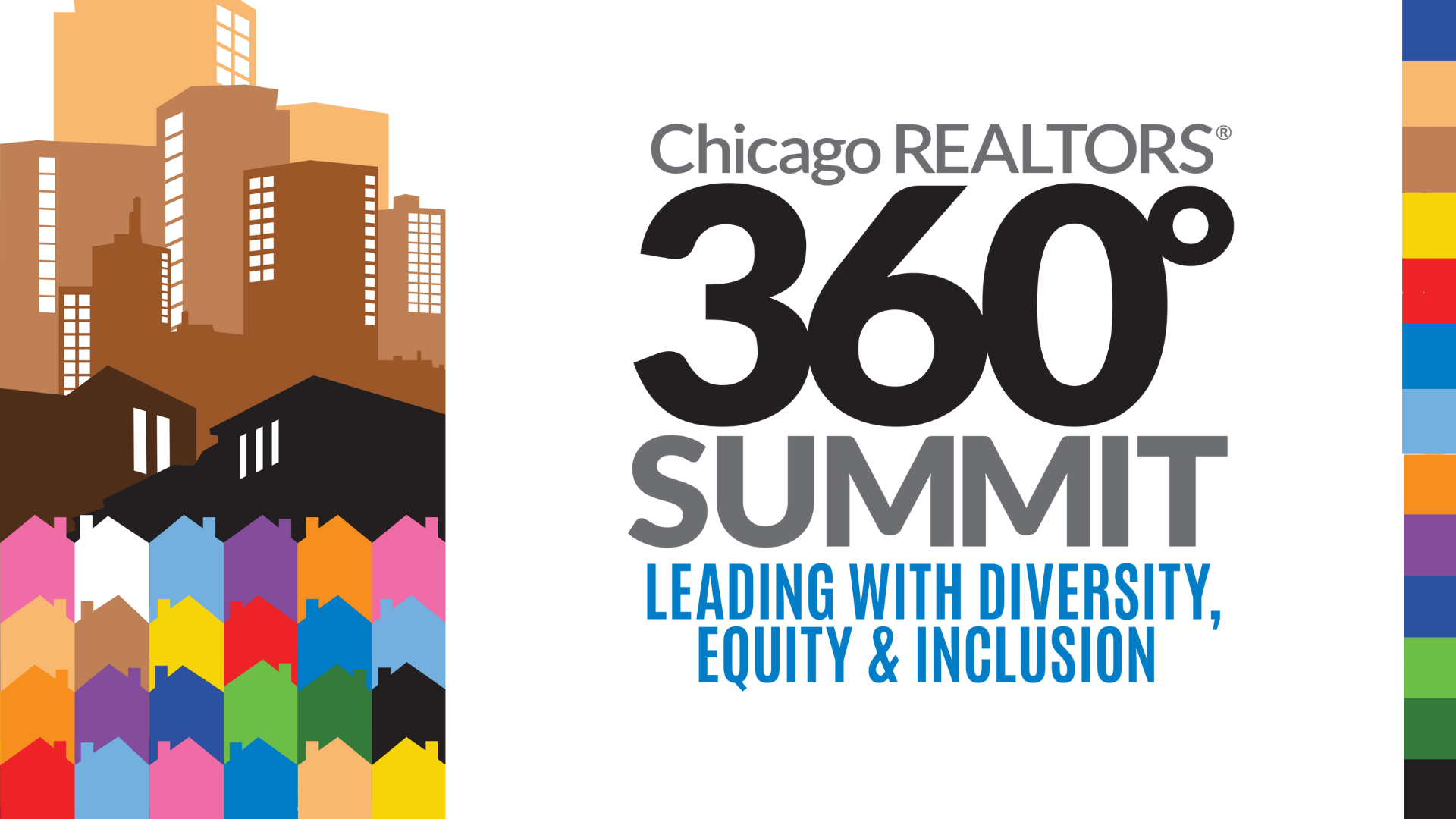On Thursday, June 16, we got together for the 360° Summit: Leading with Diversity, Equity & Inclusion. During this event, we discussed how to recharge, empower and champion diversity, equity and inclusion throughout our industry.
The 360° Summit was named because forward-thinking DEI requires a 360-degree view of where we’ve come from, where we are and where we’re going. Here are the top five takeaways you need to know. Check them out below!
#1: The Difference Between Bias and Prejudice
Kelly McDonald, best selling author, professional speaker and founder of McDonald Marketing, discussed the difference between these two terms. “Bias does not mean prejudice, it means preference,” she said. McDonald stressed that biases aren’t necessarily negative, but they can have negative consequences if we aren’t aware of them.
For instance, our biases tend to cause us to prefer people who look like us, but, as we know, diversity creates stronger workplaces, because it means we are bringing together people of different backgrounds and perspectives.
View McDonald’s slides from her presentation here.
#2: Reparations Are Just A Starting Point
During the Spotlighting Chicago: A 360° Look At One Of The Most Segregated Cities In America session, Beryl Satter, a professor at Rutgers University – Newark, discussed the history of Chicago segregation.
During a panel with Mabel Guzman, Coldwell Banker Realty, and Nate Johnson, president of real estate solutions & fair housing advocate for Redkey Realty Leaders, the topic of how we can right our wrongs was brought up, specifically when it comes to reparations. Although both agree that it’s a good step forward, it shouldn’t be the only step taken. According to Satter, it’s important to acknowledge these wrongdoings, apologize for them and then provide compensation. Johnson, however, thinks there needs to be more compensation through business funding, educational grants and more.
#3: Don’t Look at DEI As a Way to Increase Your ROI
During our panel Putting Action In Your Bottom Line: Achieve Real Action & Results Through DEI, we heard from a variety of managing brokers and broker-owners who have incorporated DEI into their businesses, and how it’s impacted them.
Yuval Degani, CEO of Dream Town Realty, discussed the initiatives his brokerage has put in place, like an LGBTQ division, mandatory training for employees and a mentorship program to encourage more diversity. He stated that these initiatives have not had a large financial impact on the brokerage, however, they have had an indirect impact. For instance, since these programs have been put in place, he’s seen higher retention among his brokers, and more buy in from them at work. Stephen Baird of Baird & Warner echoed this sentiment, saying, “If you’re going to look at this as ROI, it’s not going to work.”
#4: Credit Remains One of the Biggest Barriers to Entry for Homeownership
We invited our Industry Partners to share their insights during the Re-Thinking Client Experiences: Leverage Multicultural Housing Data To Identify Opportunities & Drive Solutions panel.
Elizabeth Goodchild, the 2022 president of the Asian Real Estate Association of America (AREAA) Chicago, shared that one of the biggest barriers to entry for the AAPI population is credit. Many AAPI individuals are considered credit invisible, meaning they have no credit history or report at any of the three national credit bureaus. She expressed that more items need to be considered as options for credit, such as utility bills and rent payments, to help make homeownership a reality for all.
#5: The Disabled Community is Growing – REALTORS® Need to Know How to Help
According to Mia Ives-Rublee, the director of the Disability Justice Initiative at American Progress, 1.2 million more people are considered disabled because of the COVID-19 pandemic. This, combined with the fact that only 5% of homes nationally are considered accessible, will force us to look at how we’re working with and supporting the disabled community.
Ives-Rublee discussed ways to market accessible homes, like working with the seller to use accessible language in the listing. There’s also the fact that some people who are disabled may not want to leave their homes even if it may not be equipped for someone with a disability. So, it’s important that we as real estate professionals know how we can help.








